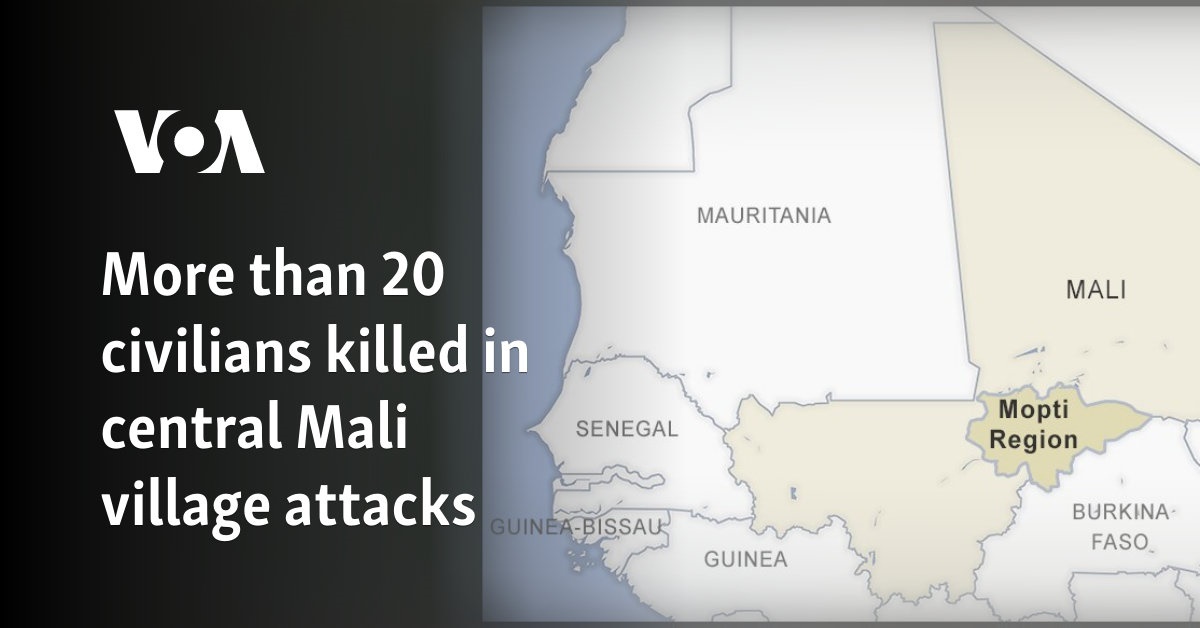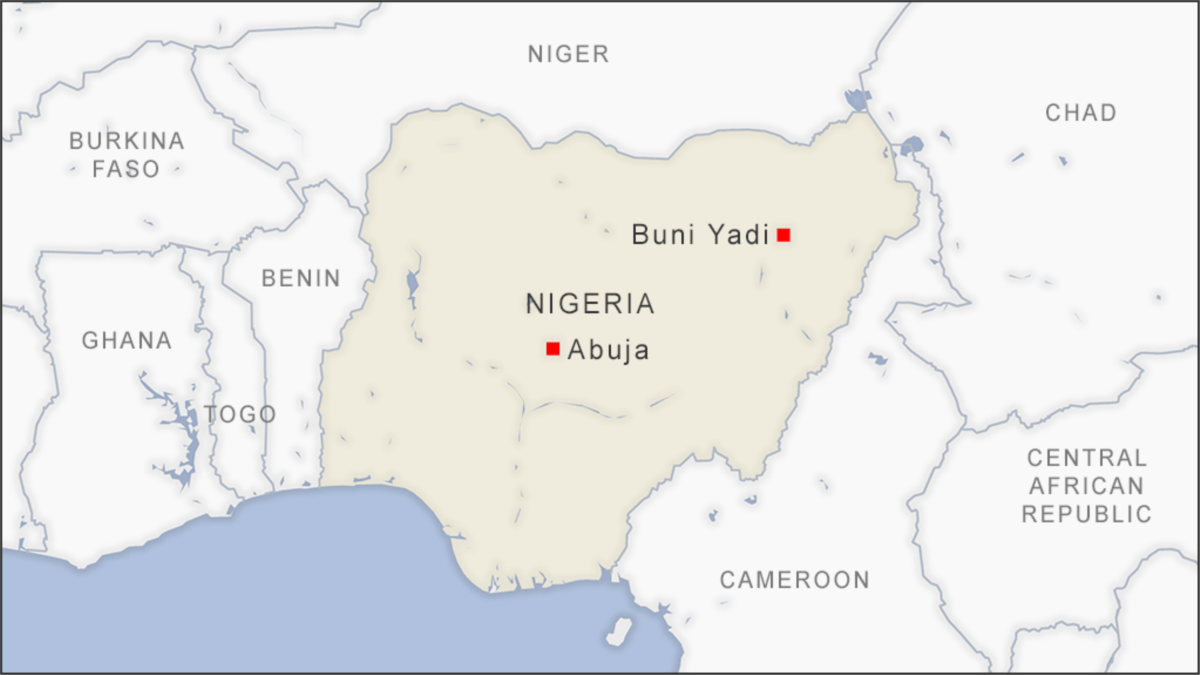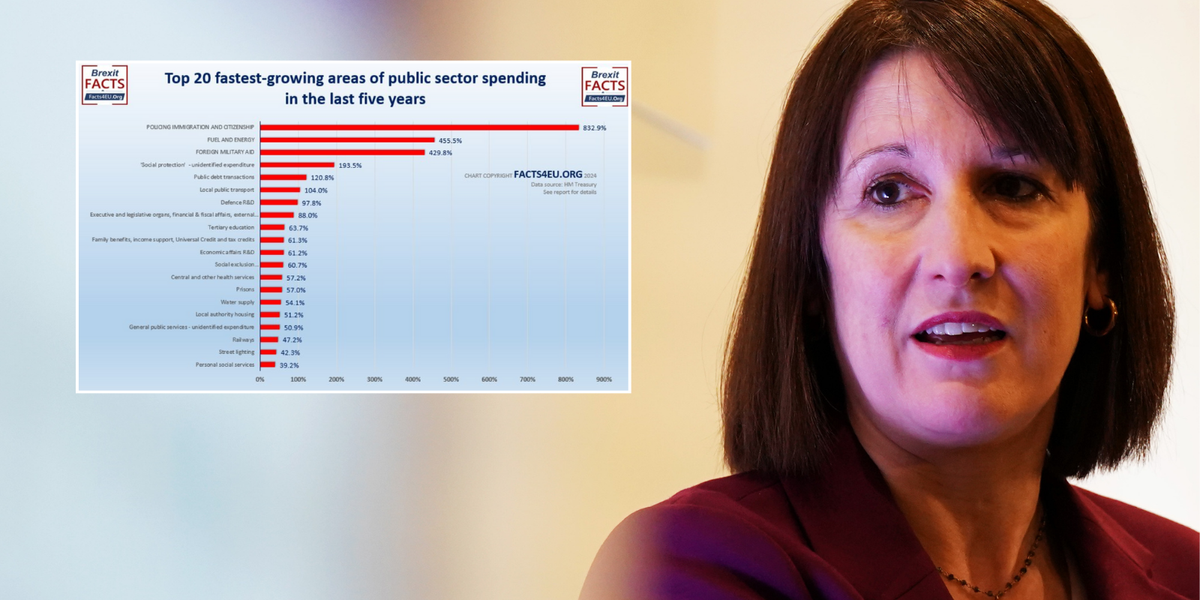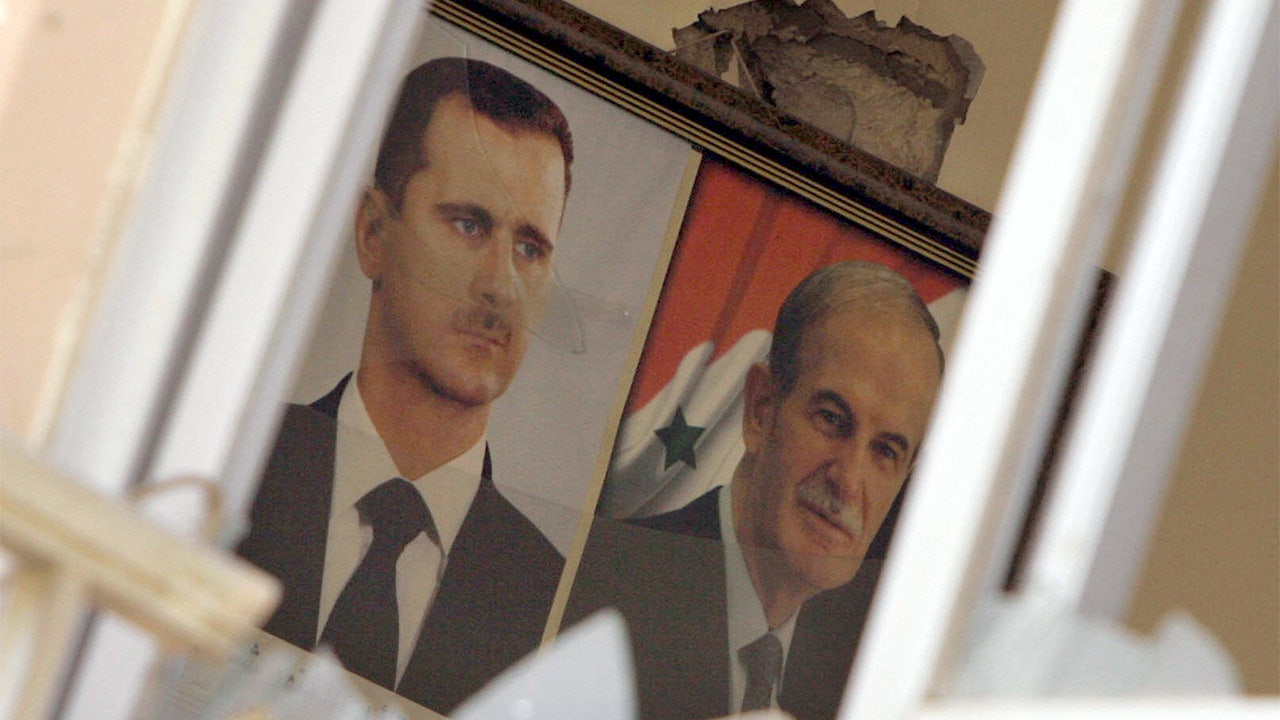Authorities Should Establish Clear Compensation Process, Ensure Military Accountability
- By: Anietie Ewang | Researcher, Africa Division
- Photo: Nigerian Chief of Army Staff Lt. Gen. Taoreed Lagbaja, center, with other community leaders at the grave side where victims of an army drone attack were buried in Tudun Biri village, Nigeria, December 5, 2023. © 2023 AP Photo Kehinde Gbenga
A year after a devastating airstrike accidentally killed 85 people during a religious celebration in Tundun Biri, in Nigeria’s Kaduna State, the state government has begun, as part of compensation efforts, to disburse funds to victims and implement some promised social and infrastructural projects in the community, including the construction of a healthcare center. It’s a positive step but falls short of addressing the full scale of tragedy for the victims, some of whom suffered life-changing injuries.
While these compensatory measures may bring some benefits, they do little to address the need for genuine justice for the victims and for reform in military operations. Erroneous airstrikes have continued. In April, an accidental strike killed 33 people in Zamfara State, according to media reports. In September, another killed 24 people in Kaduna State.
Since 2014, hundreds of people have been killed in strikes that security forces claimed were intended against bandits or members of the Islamist armed group Boko Haram but instead hit local civilian populations.
True justice requires more than monetary handouts decided by government officials. It calls for a transparent and standardized compensation process that includes genuine consultation with victims and considers the scale of loss and suffering, offering victims fair restitution for their injuries and trauma.
While the military said that two army personnel are being court-martialed over the Tudun Biri airstrike, it has provided little information on the investigation or its progress.
The lack of meaningful action to hold perpetrators accountable, combined with the failure to reform military operations, raises serious questions about the authorities’ commitment to justice and oversight.
Until a clear, robust, and transparent process for compensating victims and preventing further erroneous airstrikes is established, the authorities’ efforts will do little to restore public trust or prevent more bloodshed.

 By Africa.com | Created at 2024-12-05 18:51:36 | Updated at 2024-12-22 04:19:56
2 weeks ago
By Africa.com | Created at 2024-12-05 18:51:36 | Updated at 2024-12-22 04:19:56
2 weeks ago








